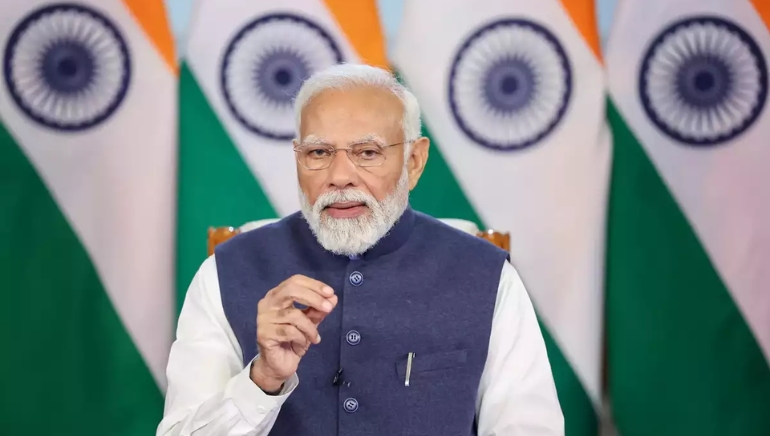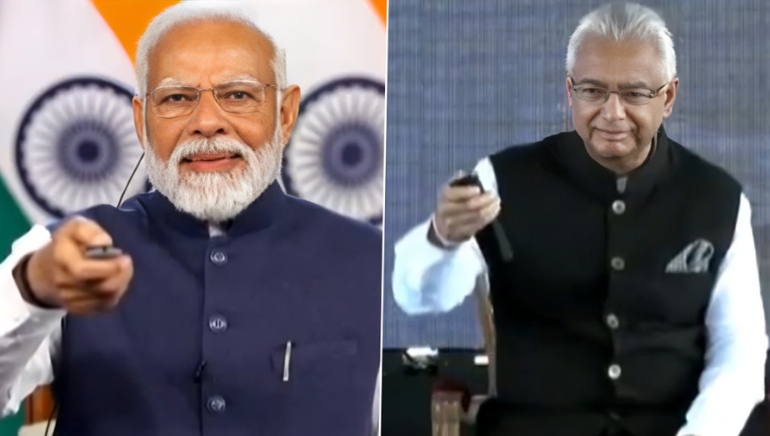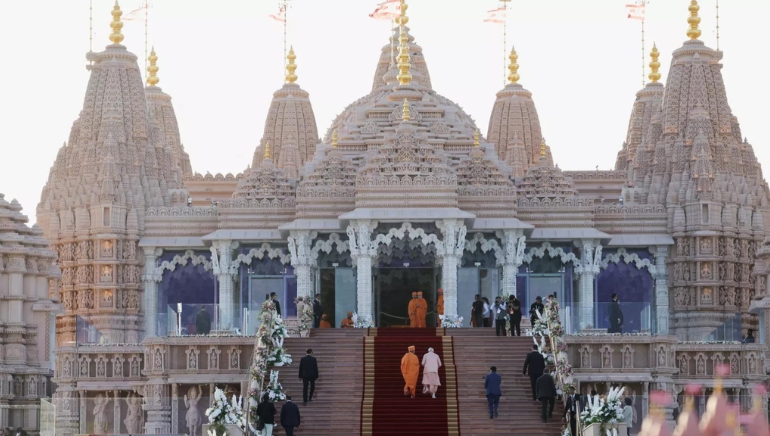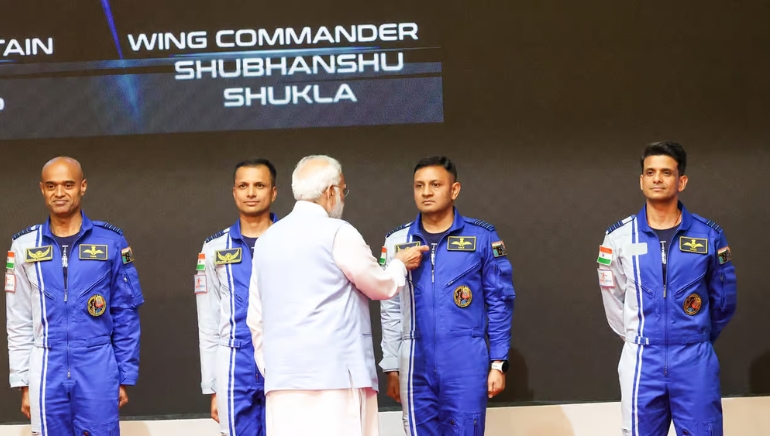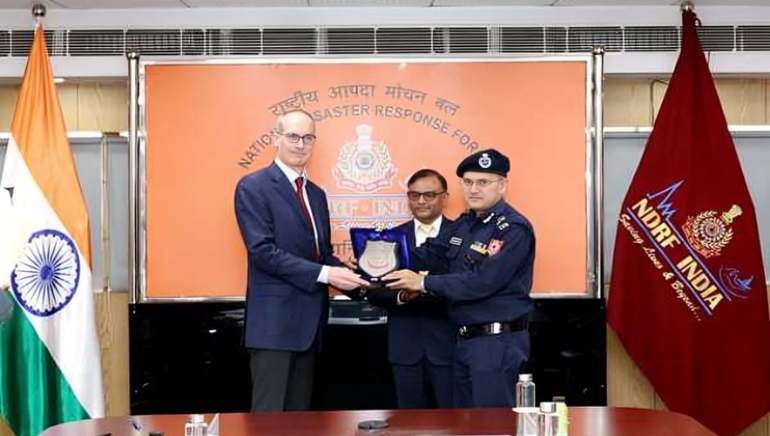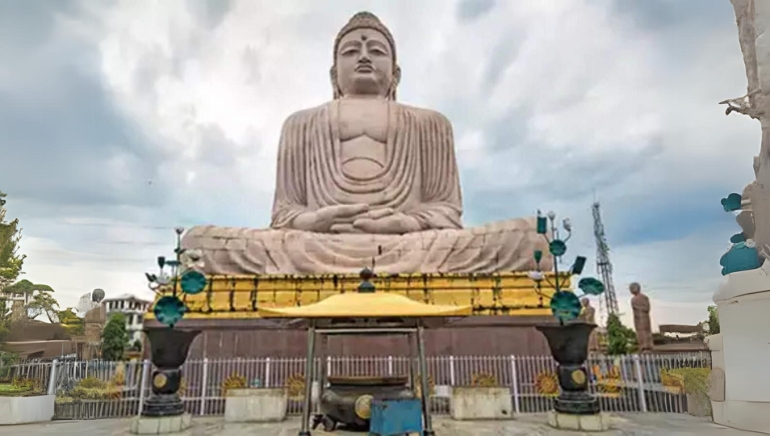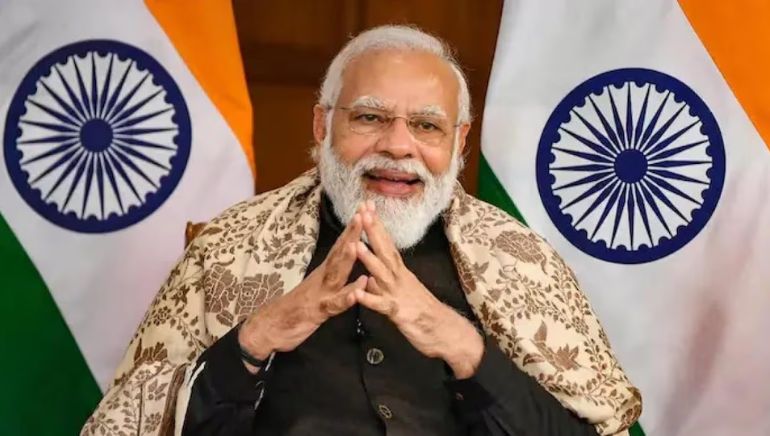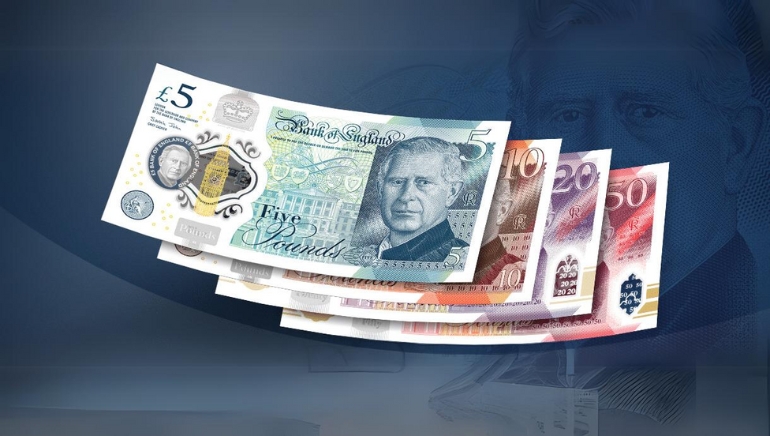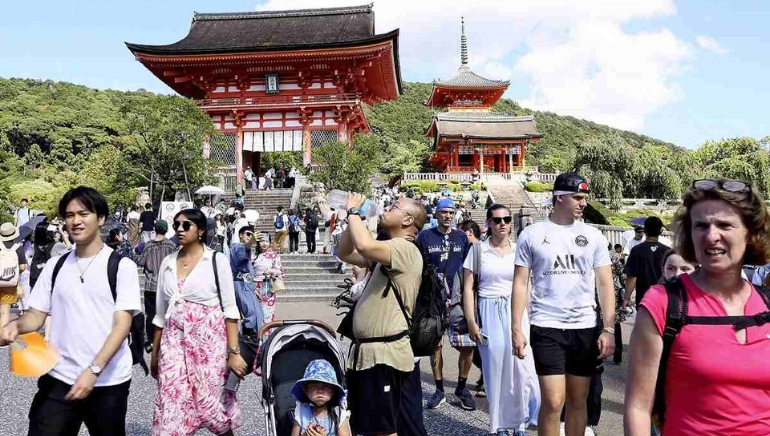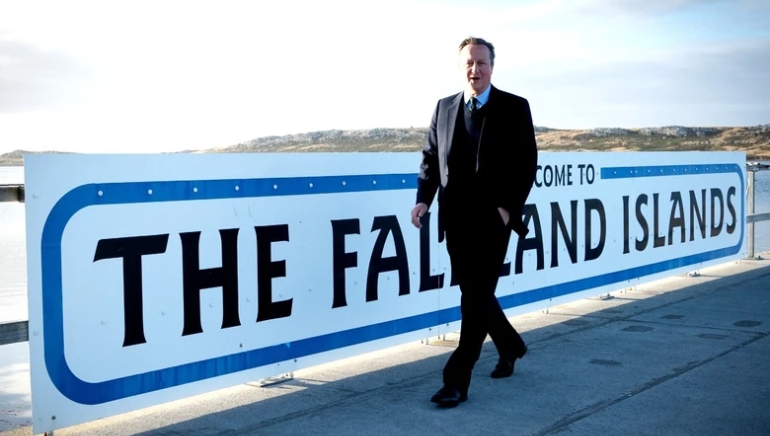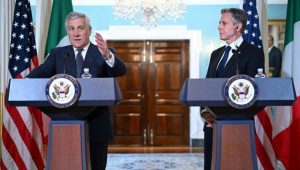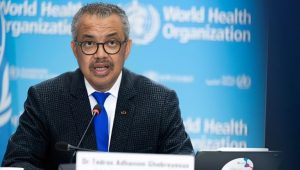Prime Minister Narendra Modi inaugurated projects worth ₹35,700 crore in Jharkhand. He emphasised Jharkhand’s crucial role in India’s development, highlighting the inauguration of the ₹8,900-crore fertilizer plant in Sindri, Dhanbad district, as a significant step.
PM Modi expressed confidence in Jharkhand’s potential to contribute to India’s progress, referring to it as a source of power for the nation’s development. With a 12.7 LMT urea production capacity annually, the fertiliser factory hopes to support domestic production for the benefit of farmers throughout the nation.
The Sindri factory, which was resurrected after Gorakhpur and Ramagundam, is India’s third fertiliser facility. Additionally, he emphasised the need for urea production to be self-sufficient, pointing out that it has increased from 225 lakh metric tonnes in 2014 to 310 lakh metric tonnes at present.
PM Modi also announced coal, power, and rail projects in Jharkhand that totalled more than ₹26,000 crores, demonstrating the government’s dedication to the state’s advancement. He hailed the investment as the realisation of his pledge to bring the Sindri plant back to life and as a major step towards India becoming self-sufficient in urea manufacturing.





